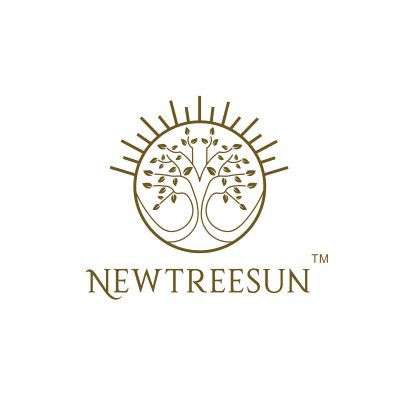In the dynamic world of business, carving out a distinct identity is more crucial than ever. For companies, particularly in New Zealand, establishing a Unique Selling Proposition (USP) is not just a marketing tactic—it's a strategic necessity. As New Zealand's economy grows increasingly competitive, businesses are challenged to differentiate themselves in ways that resonate with both local and global consumers.
Why a Unique Selling Proposition Matters
In New Zealand's diverse market, a compelling USP can be the key to capturing customer attention and loyalty. With the rise of digital platforms and global competition, businesses must communicate their unique value succinctly and effectively. According to a report by the Ministry of Business, Innovation and Employment (MBIE), New Zealand businesses that clearly articulate their USP are 30% more likely to achieve continued growth and profitability.
Identifying Your Brand's Unique Qualities
The first step in creating an impactful USP is understanding what makes your brand unique. This involves a deep dive into your business's core values, products, and services. Consider the following questions:
- What problems does your product or service solve?
- How is your offering different from competitors?
- What benefits can only you provide?
For example, in the eco-conscious New Zealand market, a company that provides recyclable packaging might build its USP around sustainability, appealing directly to the environmentally conscious consumer.
Harnessing Local Trends and Insights
New Zealand presents unique opportunities and challenges that can be leveraged when crafting a USP. For instance, the country's emphasis on sustainable practices provides fertile ground for businesses to align their USPs with environmental values. According to Stats NZ, consumer preference for sustainable products has grown by 20% over the past five years, indicating a significant shift towards eco-friendly offerings.
Case Study: EcoStore's Sustainability Success
Problem: EcoStore, a New Zealand-based company, faced the challenge of distinguishing its products in a saturated eco-friendly market.
Action: The company emphasized its commitment to sustainability by ensuring all products were made from plant-based ingredients and packaged in 100% recyclable materials.
Result: After implementing these changes, EcoStore reported a 35% increase in market share within a year and expanded its reach into international markets.
Takeaway: Aligning a USP with local environmental values can significantly boost brand perception and customer loyalty.
Comparative Analysis: Global vs. New Zealand Context
While global trends can offer insights, New Zealand's business environment has distinct characteristics that must be acknowledged. For instance, while global companies might focus on technological innovation as a USP, New Zealand businesses could benefit more from emphasizing community engagement and local sourcing, which resonate deeply with Kiwi consumers.
Pros and Cons Analysis
Creating a USP is not without challenges. Here's a breakdown of the advantages and potential pitfalls:
Pros:
- Higher Brand Recognition: A well-crafted USP makes it easier for consumers to remember and choose your brand.
- Improved Customer Loyalty: A clear USP fosters trust and encourages repeat business.
- Competitive Advantage: Differentiation can set your business apart in a crowded market.
Cons:
- Risk of Over-Promising: An exaggerated USP can lead to customer disappointment if not delivered upon.
- Initial Development Costs: Crafting and implementing a USP may require significant investment in market research and branding.
- Narrow Focus: A very specific USP might limit your potential market.
Debunking Common Myths About USPs
Several misconceptions surround the creation of a USP. Here are some myths and their realities:
Myth: "A USP should emphasize what the company does best."
Reality: A USP should focus on what the customer values the most, even if it's not the company's strongest point.
Myth: "A USP is only for new businesses."
Reality: Established businesses can also benefit from revisiting and refining their USPs to stay relevant.
Future Trends in USP Development
As the business landscape evolves, so too will the strategies for developing a USP. With advances in technology and changes in consumer behavior, businesses will need to adapt. According to a 2025 report by NZTech, integrating AI and data analytics in crafting USPs will become increasingly prevalent, enabling businesses to personalize their offerings at scale.
Conclusion
Crafting a Unique Selling Proposition is essential for businesses looking to establish a strong market presence. By understanding local trends, leveraging unique brand qualities, and debunking common myths, New Zealand businesses can create compelling USPs that resonate with their target audiences. As consumer preferences continue to evolve, staying ahead of trends and adapting your USP will be key to sustained success.
What’s your take on USPs? Whether you’re revisiting your brand’s proposition or crafting one from scratch, share your insights or challenges in the comments below!
Related Search Queries
- Unique Selling Proposition examples
- How to create a USP for my business
- USP development strategies
- New Zealand business trends 2025
- Sustainable business practices in NZ































claramsu302543
2 months ago